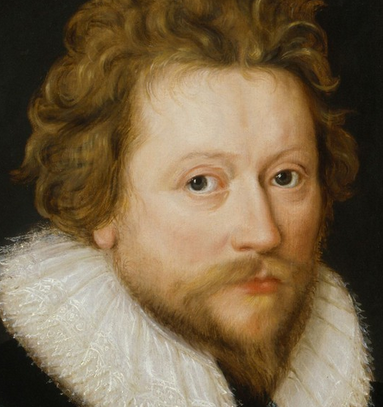Tag Archives: Shakespeare Institute
John Fletcher: A Critical Reappraisal, 26-27th June 2015
The programme is available here
Keynote Speakers: Professor Gordon McMullan (King’s College London); Dr Lucy Munro (King’s College London); Professor Sandra Clark (Professor Emerita, Institute of English Studies, University of London); Professor Clare McManus (University of Roehampton)
Summary
It is fair to say that John Fletcher remains an understudied and underappreciated writer in recent early modern scholarship. Even the very recent success of non-Shakespearean drama in the Sam Wanamaker Playhouse, and the Swan Theatre’s commitment to staging Shakespeare’s contemporaries, has proved fruitless so far in introducing Fletcher to a new generation of academics and theatre-goers. In the near 390 years since his death, it is now time for a complete re-evaluation of the work of a man who made a considerable impact on Jacobean theatre and society by producing a vast corpus of about 53 plays that challenged, commented on, and critiqued Renaissance England. By investigating Fletcher’s ideas and ideals, apparent in his work, we can gain a significant understanding of Jacobean theatre practices and politics: his career virtually encompassed the entirety of the reign of James I, under whose patronage he worked as Shakespeare’s successor as the resident dramatist of the King’s Men. In short, to study Fletcher is to study the soul of the age.
After the sessions in Canterbury, the conference will reconvene for a one day event at the Shakespeare Institute, Stratford-upon-Avon, where the Shakespeare Institute Players will perform an unabridged script-in-hand production of one of Fletcher’s plays.




